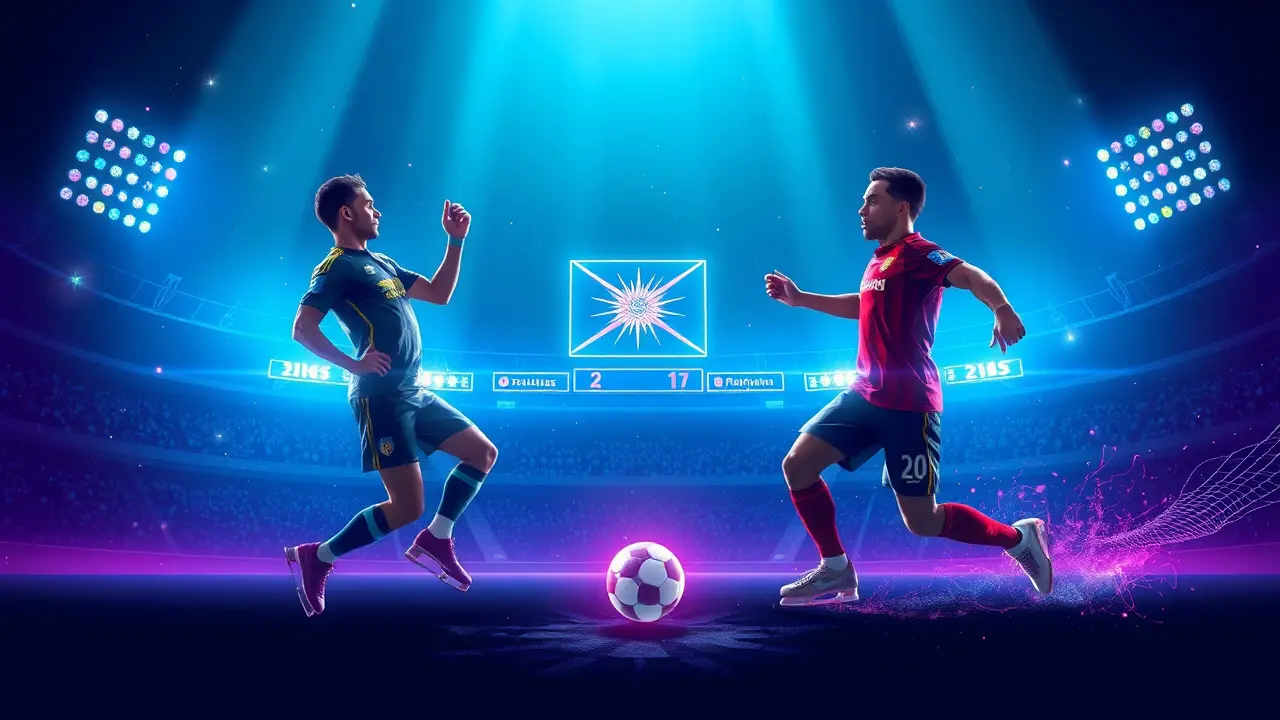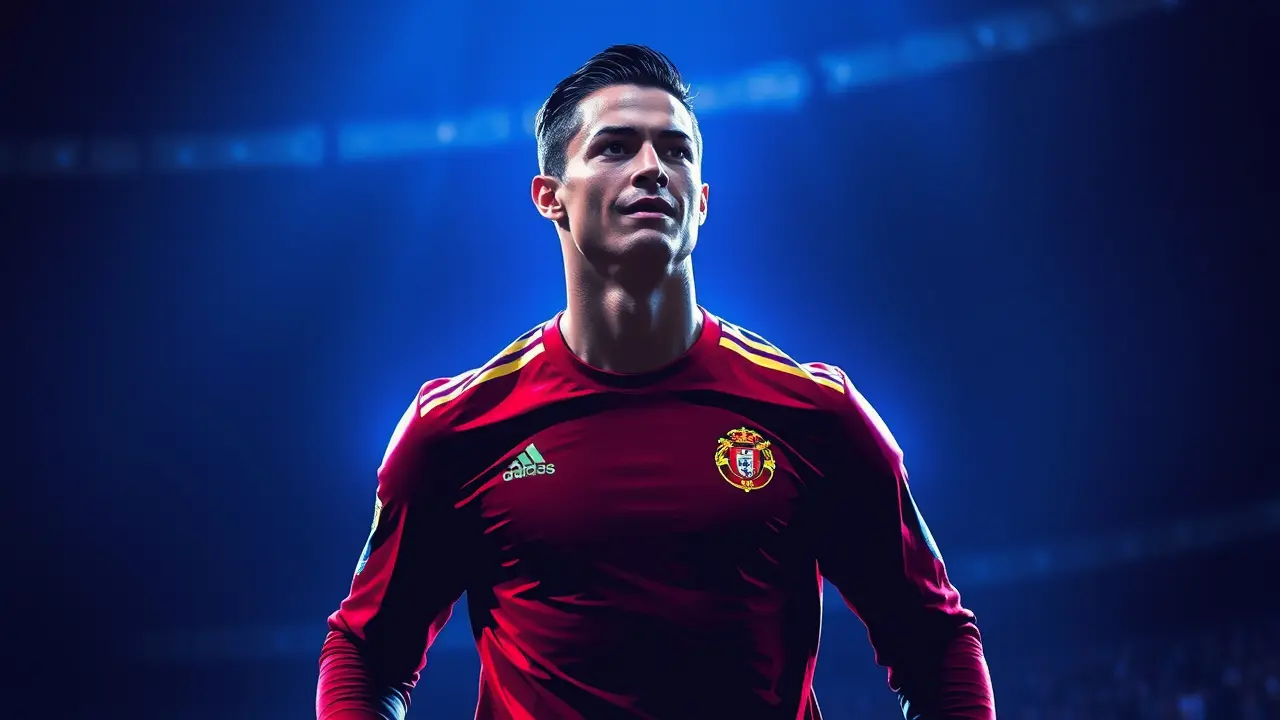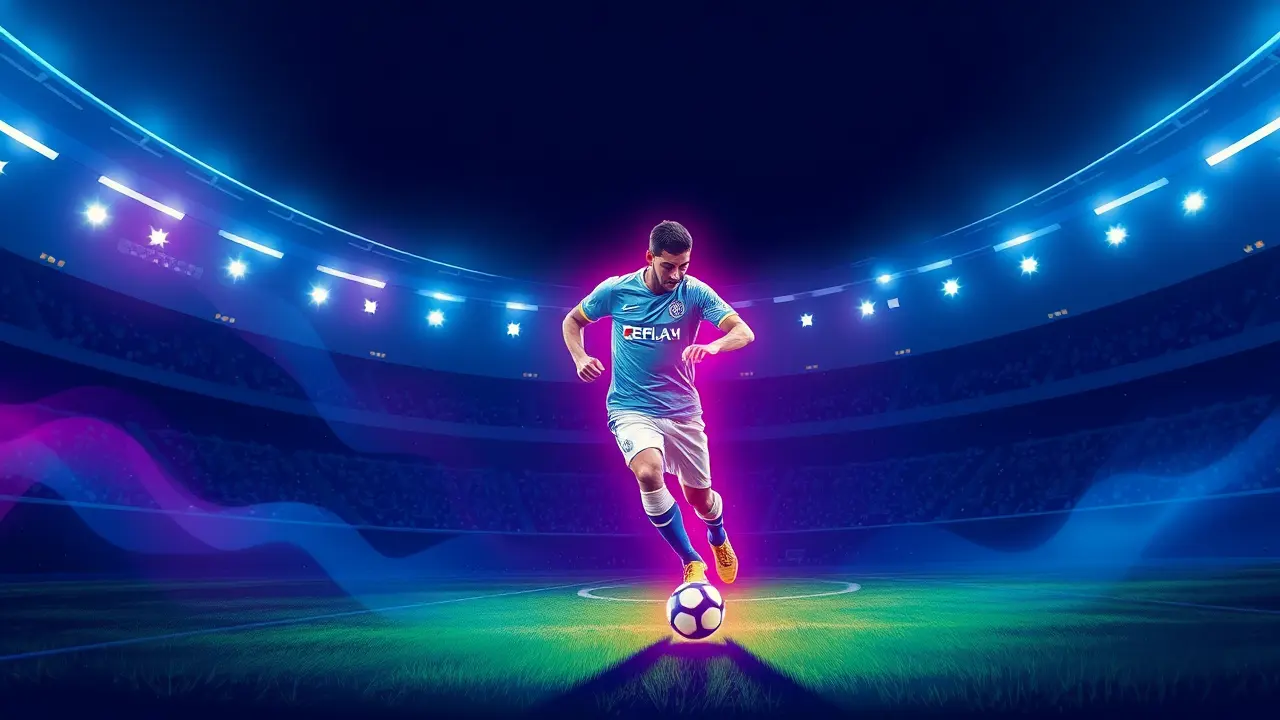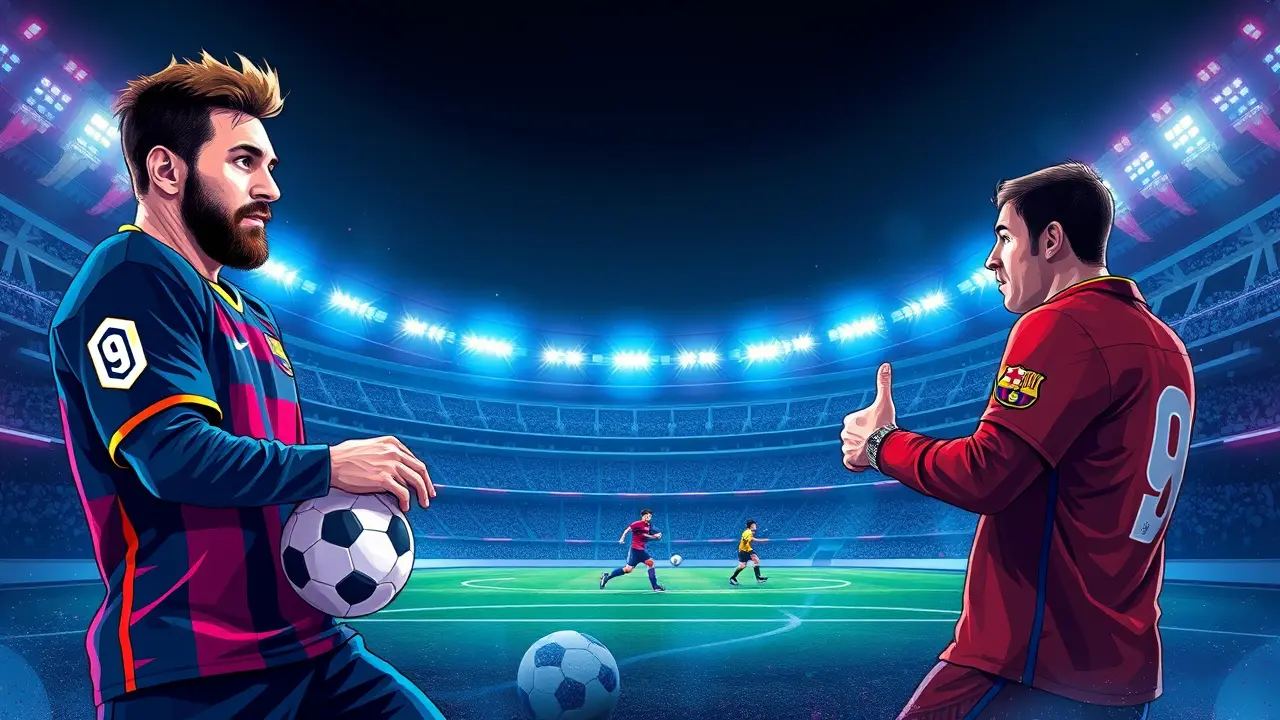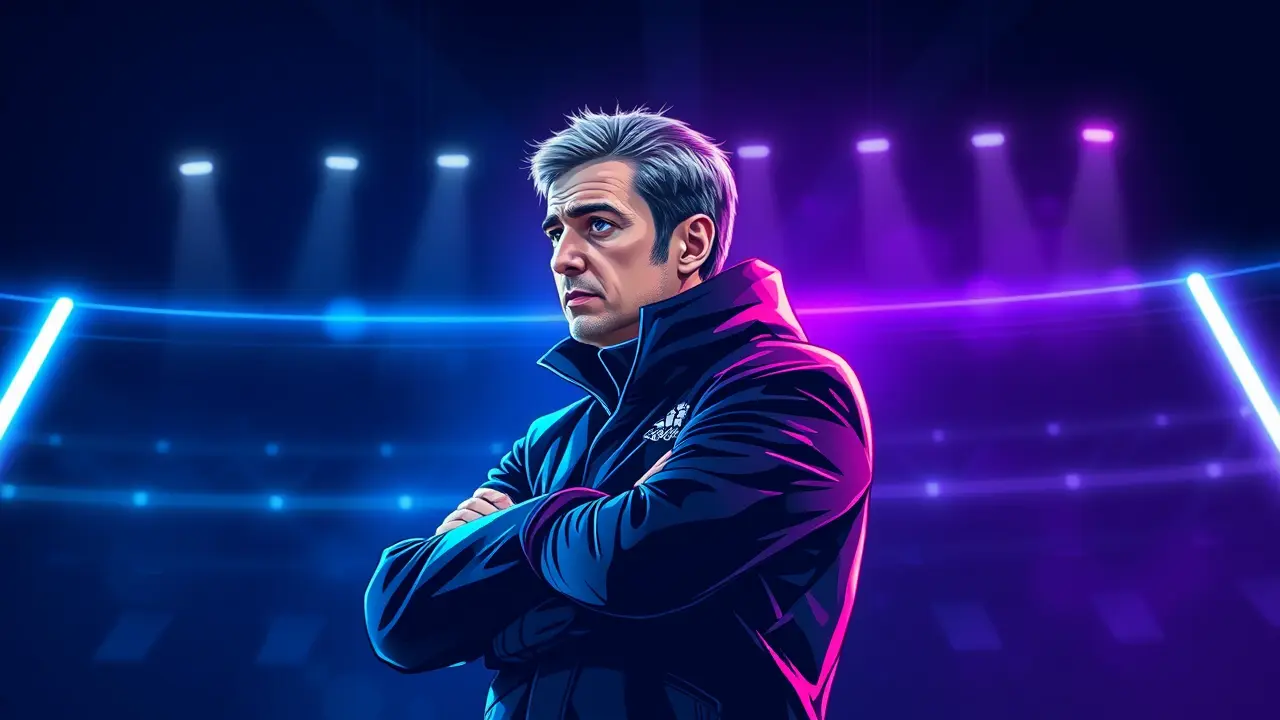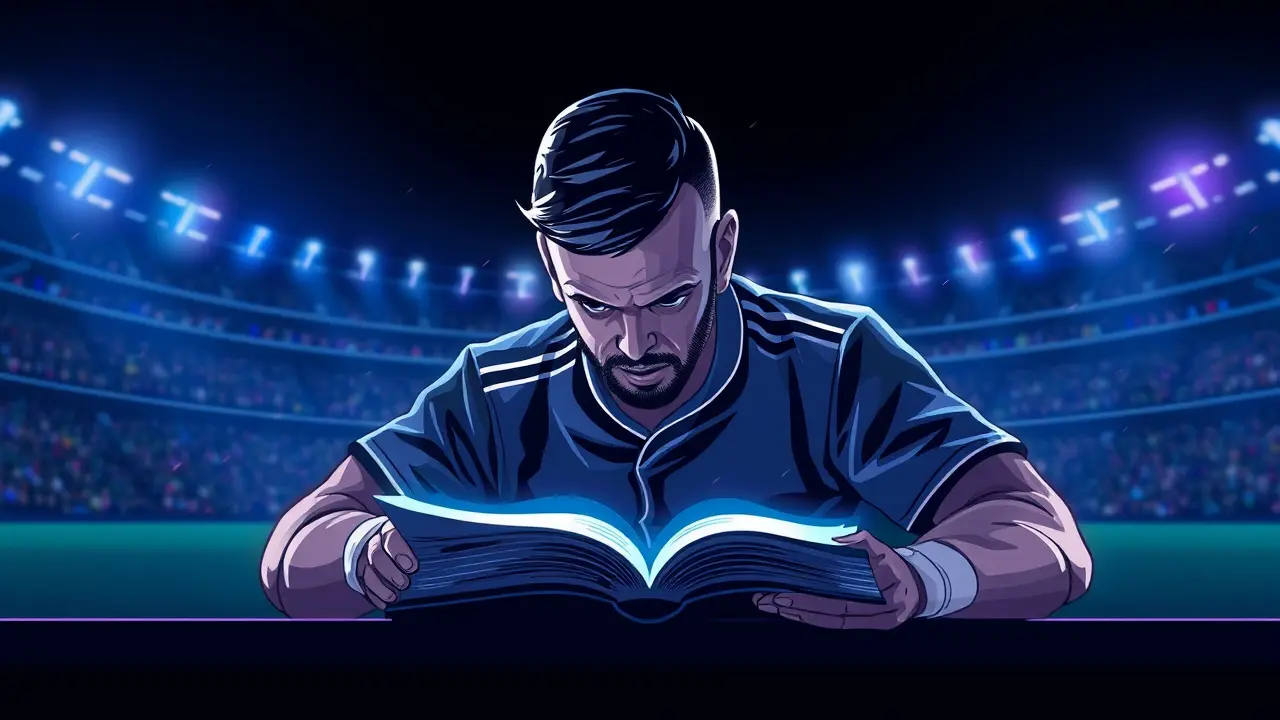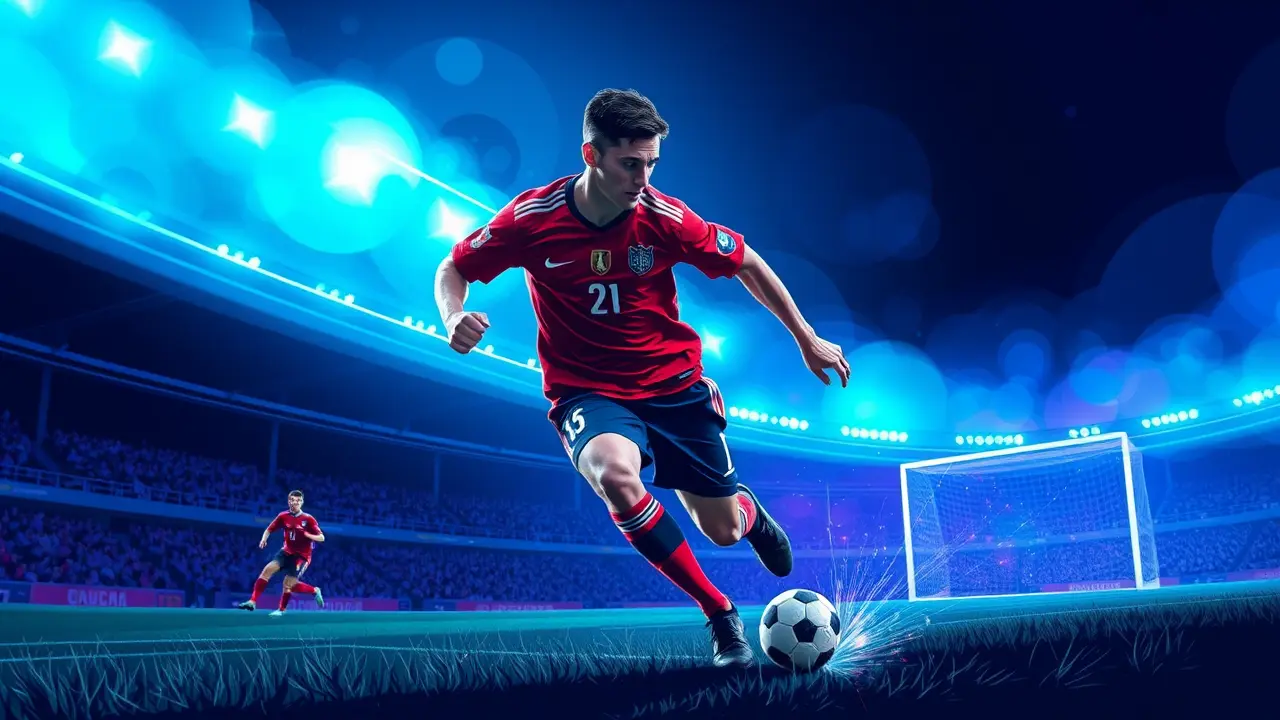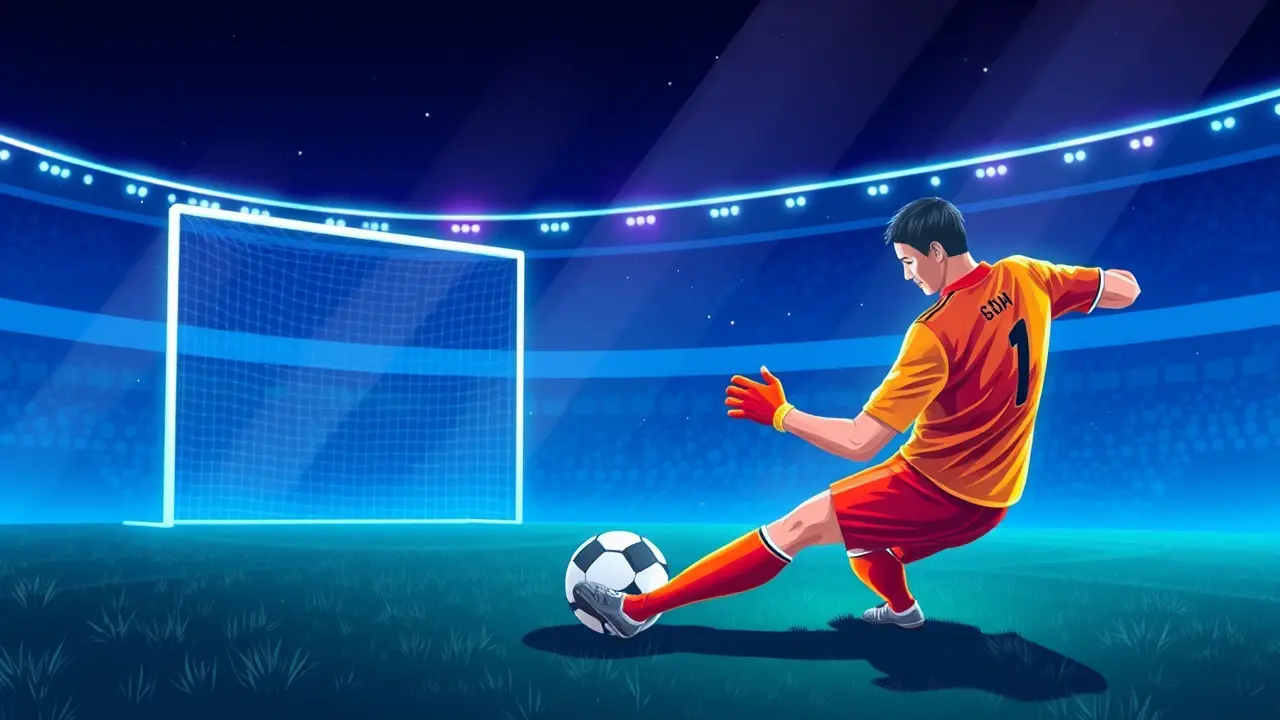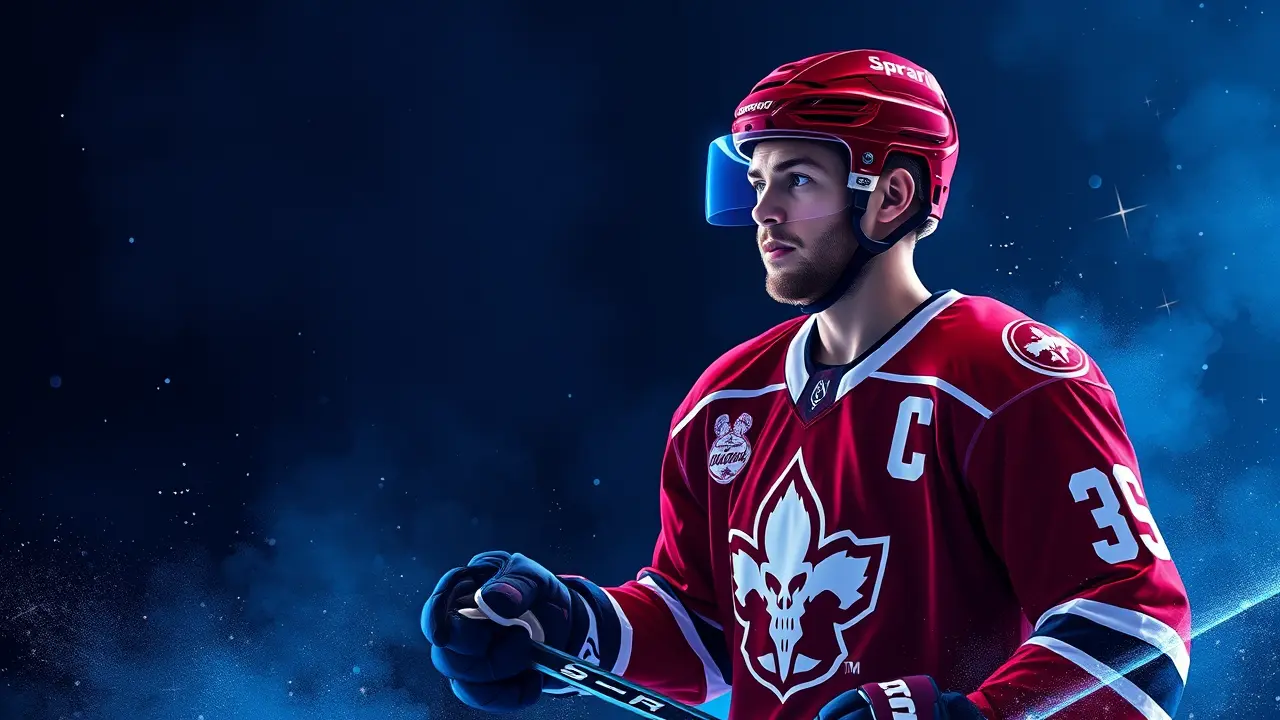
SportfootballInjuries and Suspensions
Spartak's Morozov Gets One-Month Doping Ban for Cocaine.
JA
Jack Turner
22 hours ago7 min read
The world of professional sports was jolted by the announcement that Spartak Moscow's 25-year-old forward, Ivan Morozov, received a mere one-month suspension from RUSADA for a positive doping test revealing cocaine—a verdict that stands in stark contrast to the standard four-year ban typically mandated for such a substance under the World Anti-Doping Agency code, sparking immediate debate across the hockey community and beyond about consistency, fairness, and the unique pressures facing modern athletes. This astonishing reduction, which saw Morozov's disqualification period expire retroactively on October 14th, effectively rendering his contract with Spartak temporarily frozen rather than terminated, raises profound questions about jurisdictional autonomy in anti-doping enforcement and the nuanced, often controversial, application of 'unintentional' versus 'in-competition' violation clauses, a debate familiar to followers of cases like Andrey Yeshchenko's past entanglements.The resonant support from Olympic champion and Stanley Cup winner Valery Kamensky, who publicly framed the decision as a triumph of reason and a necessary second chance, arguing that 'we all make mistakes in life' and that the young player's future should hinge on his own response rather than a draconian punishment, adds a compelling layer of veteran perspective, yet it also inadvertently highlights the perennial tension in sports ethics between rehabilitation and deterrence, a balance leagues from the NHL to the KHL perpetually struggle to maintain. For Morozov, a player once touted for his dynamic offensive potential, this episode transcends a simple disciplinary footnote; it becomes a career-defining crucible, forcing a reckoning with the immense psychological burdens and lifestyle pitfalls that can derail even the most promising talents, a narrative arc hauntingly similar to the trajectories of athletes like Jaromir Jagr's early-career controversies or the more recent struggles of certain NBA prospects, reminding us that raw talent is often shackled to profound personal vulnerability.The broader implications for Russian hockey and its governing bodies are equally significant, as this case lands amidst ongoing scrutiny of the nation's anti-doping infrastructure following the protracted state-sponsored doping scandals that marred the Sochi Olympics, potentially inviting fresh skepticism from international federations about the uniformity of sanctioning and whether certain domestic stars operate under a different, more lenient set of expectations, a perception that could complicate future negotiations regarding player transfers, international competitions, and the global standing of the Kontinental Hockey League. Analytically, juxtaposing Morozov's one-month penalty against the four-year bans routinely handed to athletes for substances like stimulants or anabolic steroids in other jurisdictions—such as the stringent enforcement seen in USADA's handling of UFC fighters or the ITA's oversight in Olympic sports—reveals a staggering disparity in sentencing philosophy, suggesting that either RUSADA's adjudication panels place a premium on proving specific intent for recreational drugs or that there exists a strategic calculus to preserve the market value and competitive viability of homegrown assets within a tightly controlled sports ecosystem. Ultimately, while Kamensky's hopeful benediction that 'everything will now depend on him' offers a humanistic conclusion, the cold, hard data of sports history teaches a sterner lesson: for every athlete who uses a public scandal as fuel for a legendary comeback, like a Josh Hamilton in baseball, a dozen more see their trajectories permanently altered, their names forever tagged in search engines not for game-winning goals but for disciplinary headlines, a fate Morozov must now race to outskate, with his next shift on the ice carrying the weight of not just a puck, but an entire redeemed legacy.
#featured
#Ivan Morozov
#Spartak Moscow
#doping suspension
#cocaine
#RUSADA
#Valery Kamensky
Stay Informed. Act Smarter.
Get weekly highlights, major headlines, and expert insights — then put your knowledge to work in our live prediction markets.
Related News
© 2025 Outpoll Service LTD. All rights reserved.
